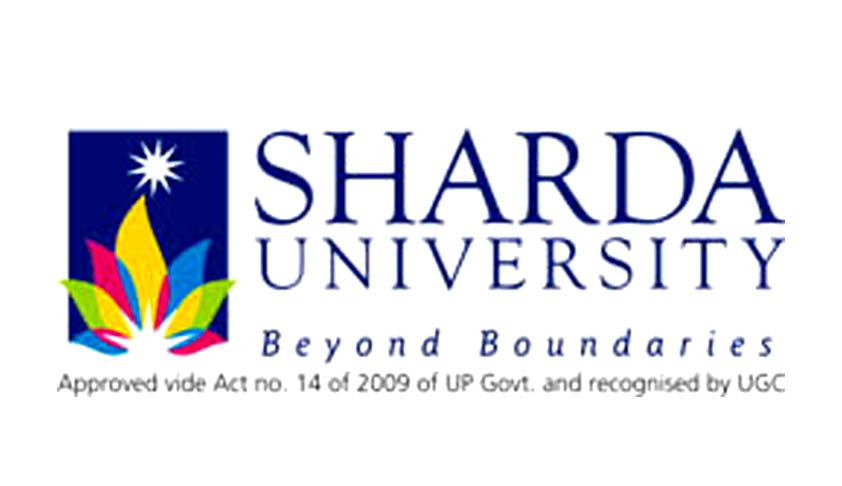Call For Papers :International Seminar on Comparative Judicial Systems
manav malhotra
18 Oct 2017 7:52 PM IST

Today, an increasing number of countries are confronting an unprecedented expansion of judicial power: more and more often decision-making rights are transferred from the legislative and executive branches to the courts. The process has been labeled the “judicialization of politics”. To understand the impact of judicial and the political system, the role of the judge in the process of adjudication and the whole structure of the judicial system, Specific cases, from different national and supranational judicial systems, should be discussed and analyzed in detail.
It is hard to think of a judicial system that does not trumpet its commitment to “the rule of law,” based on the principle that citizens are better off when the judicial system establishes rules for all to follow, rather than subjecting citizens either to arbitrary rule or to anarchy. By entrusting the interpretation and enforcement of laws to legal specialists, the government agrees to abide by its own laws, and the courts can rule against the government to uphold the “laws of the land.” Less universally embraced is the power of courts not only to enforce but also to review and potentially to overrule legislative statutes.
Comparative judicial systems which include the global expansion of judicial power and the rights revolution, and the relationship between judicial review, centralization, and democratization. Most importantly, judicial system investigates the causes and conditions necessary for the expansion of judicial power and the implications of the rights revolution for democratic politics. For example, has the rights revolution and judicial power threatened democratic discourse by undermining political communication? Or, has the rights revolution advanced democracy and political accountability because traditionally marginalized groups can use the judicial arena to indirectly enter the political arena and influence public policy?
Through a comparative perspective, we will discuss the success or failure of judicial systems and the “judicialization of politics” in Australia, Canada, the European Union, France, Germany, Great Britain, India, Israel, various Latin American and post-communist Eastern European cases, New Zealand, South Africa, and the United States.
Sub Themes
A Comparative Study on the following tentative sub-themes can be considered:
1.Independence of Judiciary
2. Appointment of Judges
3. Separation of Powers
4. Delay in Justice
5. Judicial Review
6. Judicial Activism
Who can apply?
Quality research papers, including field studies, from scholars, researchers, bar & bench, teachers, civil societies, and students are invited.
Call for Papers: Submission
- One co-author is permitted.
- Research papers, for inclusion in the conference proceedings, shall be subject to the approval of Editorial Board.
- All research papers shall be subject to the scrutiny of anti-plagiarism software.
Submission Guidelines for Conference Paper
- The research paper should apply research skills and use of appropriate research methodology.
- The research paper should be thematic.
- It should have proper research questions and should also reflect the findings.
- The research paper should not be more than 6000 words.
- Please conform to OSCOLA for referencing content. Endnotes are not allowed.
- At the end of the paper, there should be a brief profile of the author with his/her affiliation, qualification, E-mail ID & contact number.
- The abstract & research paper may be submitted at law@sharda.ac.inalong with cc to conveners at gyanendra.tripathi@sharda.ac.in and ankur.sharma6@sharda.ac.in.
- Articles received after the stipulated deadline will not be entertained for participation in the conference.
Important Dates
- Abstract Submission:30 October 2017
- Approved Abstract notification:01 November 2017
- Submission of registration form & fee:05 Nov 2017
- Submission of complete papers:10 November 2017
Payment Guidelines
For Students: Rs. 500 (Single authorship)
For Students: Rs. 700 (Dual authorship)
For Faculties and practitioners: Rs. 1000 (Single authorship)
For Faculties and practitioners: Rs. 1500(Dual authorship)
Fees Guidelines:
Bank Account Details
Payment can be done in cash, through Demand Draft and NEFT :
Name of Account Holder : SHARDA UNIVERSITY SCHOOL OF LAW
Account Number: 91201003470544
IFSC CODE : UTIB0000624
Bank Name and Address : AXIS BANK Ltd., Alpha Commercial Belt, Greater Noida
Demand Draft should be drawn in favour of “Sharda University, School of Law” payable at
Greater Noida.
Registration charges for all are Rs. 1000/-
For Further Enquiry, please contact:
Conference Organizing Committee:
Mr. Gyanendra Tripathi, Convener gyanendra.tripathi@sharda.ac.in +91-9312424457
Mr. Ankur Sharma, Co-Convener ankur.sharma6@sharda.ac.in +91-9555856644
Or Visit: http://www .sharda.ac.in/schools/law-school


